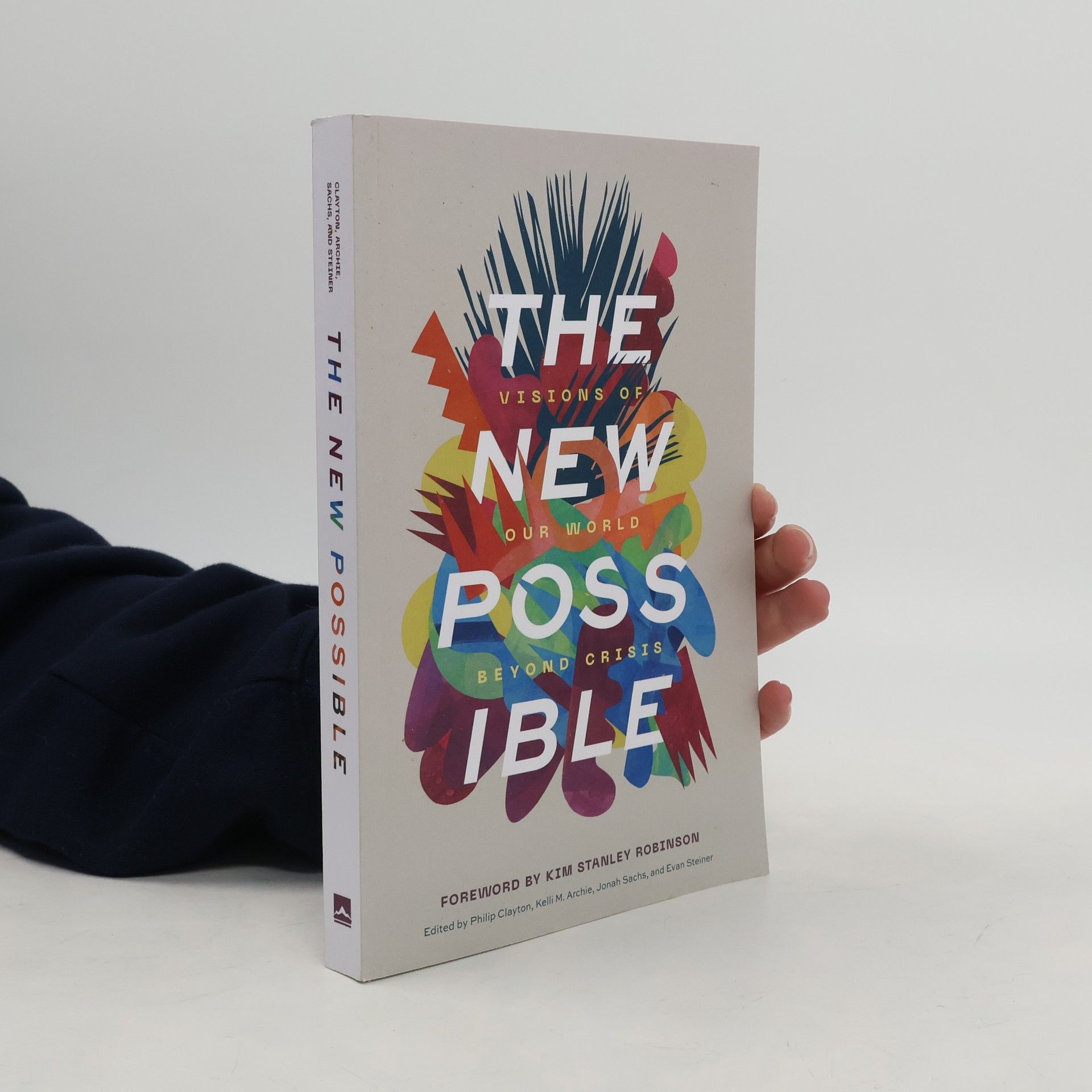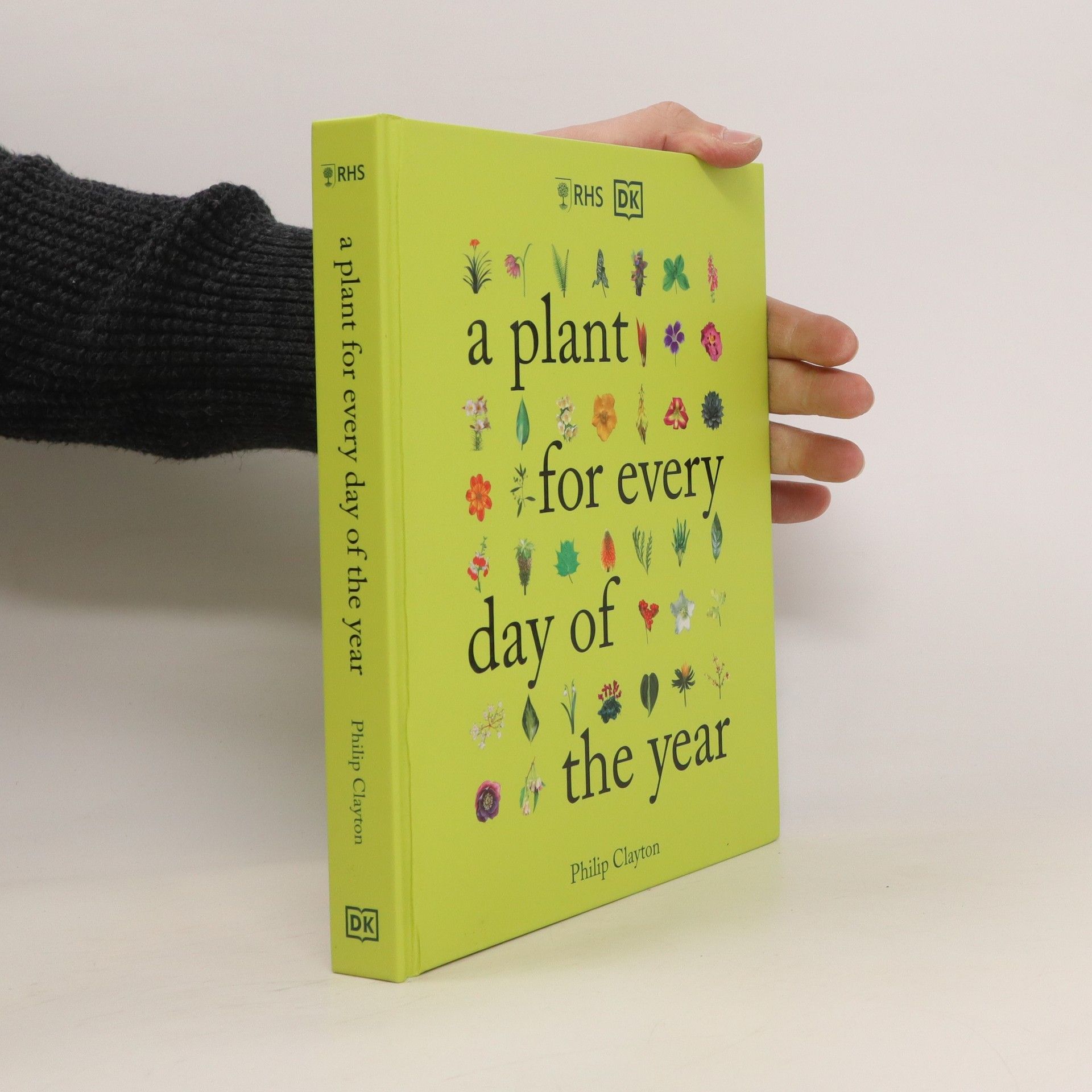Religion and Science: The Basics
- 214pages
- 8 heures de lecture
Religion and science are arguably the two most powerful social forces in the world today. But where religion and science were once held to be compatible, many people now perceive them to be in conflict. This unique book provides the best available introduction to the burning debates in this controversial field. Examining the defining questions and controversies, renowned expert Philip Clayton presents the arguments from both sides, asking readers to decide for themselves where they stand: - science or religion, or science and religion? - history and philosophy of science - the role of scientific and religious ethics - modifying genes, extending life, and experimenting with human subjects - religion and the environmental crisis - the future of science vs. the future of religion. Thoroughly updated throughout, this second edition explores religious traditions from around the world and provides insights from across the sciences, making this book essential reading for all those wishing to come to their own understanding of some of the most important debates of our day.


